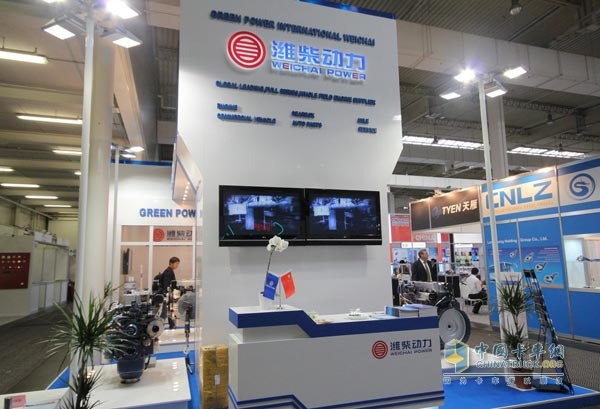The soul of the auto industry is the parts and components industry. Such consensus has long been recognized by Chinese automakers. Looking at China's automobile joint venture brands, mostly to engines, transmissions and other core parts factories master in the form of wholly-owned or controlled. Whether it is high-pressure common rails , EFI technology, or start-stop devices that are likely to be standard on domestic models in the future, most of them cannot be obtained and mastered by Chinese companies. The lack of core parts and components technology is stuck in the "neck" of China's automobile industry. If the supply of spare parts is stopped, what should China's auto industry do? The lack of core component technology is the biggest hidden danger in this process.
“That is whether it is control or monopolization. In short, we are in an absolute disadvantage. Who is the Chinese company that produces high-pressure common rail? This problem is too serious.†Fu Yuwu, chairman of the China Automotive Engineering Society, said with emotion.

Truck Parts
"No defense, no 50% equity policy, auto parts are really very optimistic." Fu Yuwu said. "What is the status quo of automotive electronics? From the electronics industry, it was fully released at that time. We couldn't do it on a large chip, small sensors, a thousand sensors in a car, angle sensors, speed sensors, various sensors, we Can't do it, it's all foreign."
According to Fu Yuwu’s retrospective review: At that time, the overriding factor was the introduction of foreign investment, which did not emphasize technology. The funds are relatively scarce. Local governments attract investment and draw capital from them. "Auto parts were released at the time and there was no stock ratio, so Bosch has 40 factories that are wholly owned."
The Chinese auto industry, especially the self-owned brands, are mostly aligned with the Korean system. Fu Yuwu believes that this is not unreasonable: South Korean cars started later, but the pace of development is alarming. After the early introduction of foreign technologies, an independent approach has emerged. The path to development.
In Fu Yu’s opinion, unified understanding is necessary, and light joint ventures are not feasible. The new road to innovation, seeking new international cooperation, cannot abandon the driving force of self-reliance. In fact, the automobile reflects the national strategy to a certain extent, involving the national economy, people's livelihood, and national security. "The American automobile is a national strategy. From Clinton to Bush, to Obama, the president directly involved in the politics of the automobile."
What should you learn from Korean auto? First, we must start with ourselves. State-owned enterprise reform bears the brunt. Leading responsibility and incentive mechanisms, realizing the separation of government and enterprises, and market-oriented operation. “The term of office must not exceed two years and five years in five years. Do you think that if he is not a joint venture and does not pursue the maximization of interests, can he do it?â€
When the Korean auto industry developed in the first phase, it was also a joint venture to introduce Japanese technology. However, it developed independently in the next decade. This is the original intention of the joint venture and cooperation. Joint ventures cannot be used as a joint venture and joint ventures are not allowed.
Fu Yuwu recalled: Before the establishment of diplomatic relations between China and South Korea in 1992, as a representative of FAW, Fu Yuwu visited South Korea in 1988. At that time, FAW had to make a Panda sedan while Korean auto companies had the intention of supporting it at that time.
"When I arrived in Korea and saw a $2 billion engine R&D center, the Koreans said at the time that they could not rely on Japan and they must have their own engines. Fu Yuwu said.
At present, many independent brands are fully aware of this: The roads including the Great Wall, Hongqi, BYD, Guanzhi, and Chang'an are difficult phases. This is also the stage that must be held back. “Now no one opposes internationalization. Including the observation of this road we have all accepted it. It is entirely an international team, but the brand belongs to China. Should we protect or compete? Only competitive companies can be strong. International cooperation is not No, but I must focus on methods and methods.
Although China currently misses the joint venture policy in the spare parts sector, there are not only one solution to the problem. An industry member who asked not to be named once suggested that setting up entry barriers for foreign-funded parts and components companies that are located on the ground as well as setting up an approval system for whole vehicle companies. For example, a local R&D center must be established to ensure local employees. The amount of employment starts from the perspective of the person to solve the problem. People are the core of mastering technology. If people's problems are solved, they will solve the problem of leaving technology.
barra turbo manifold ,hooker turbo manifold, turbo manifold adapter ,turbo manifold au falcon
NINGBO YINZHOU M-OX AUTO PARTS , https://www.mountxin.com
